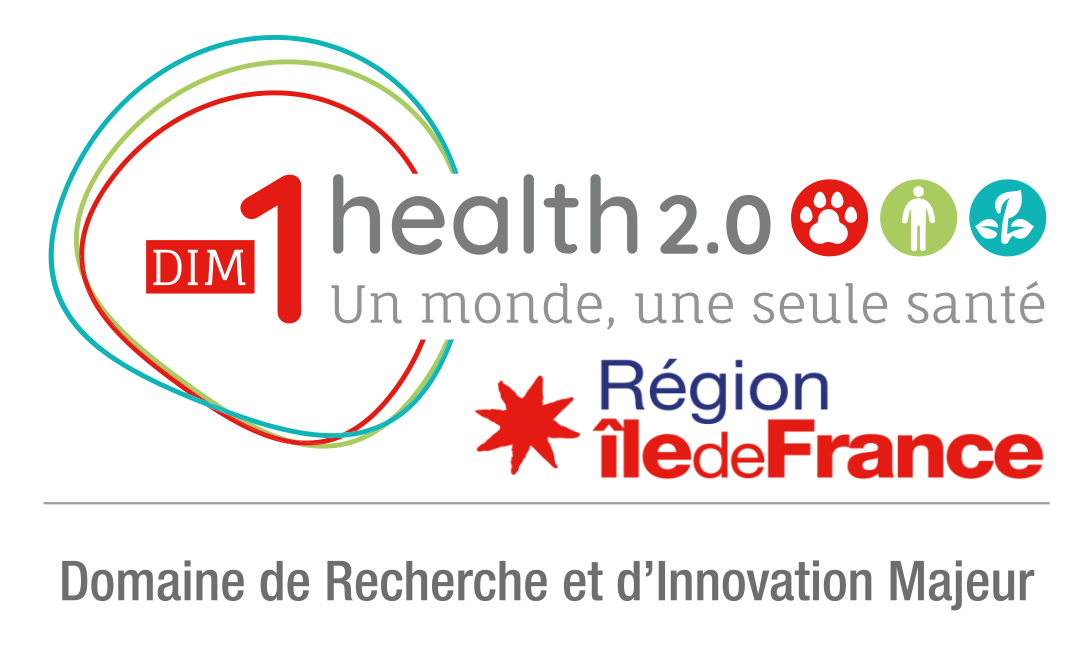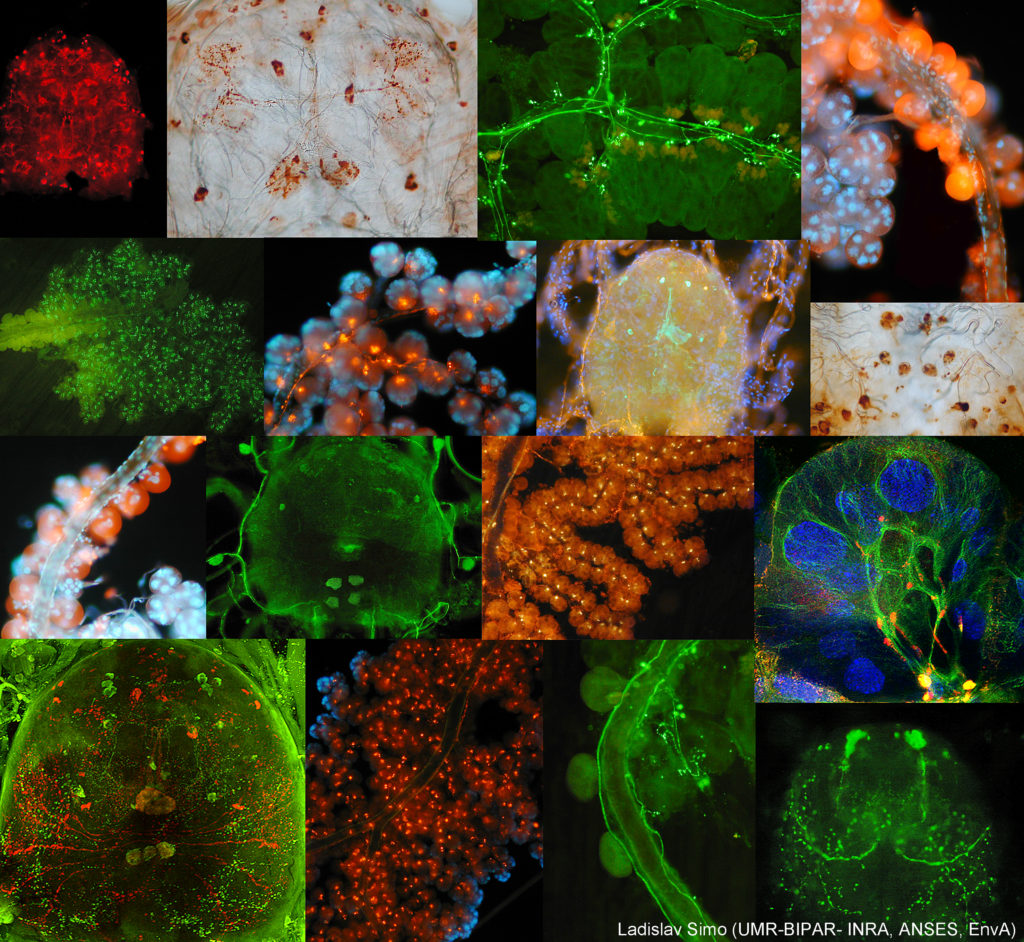Neuronal Basis of Tick-Pathogen Interactions
Responsabilité scientifique :
Ladislav Simo
Axes de recherche :
Partenariat :
Ticks and tick borne diseases represent a high risk to both human and animal health. The development of effective control strategies of these medically important arthropods along with the pathogens they transmit is currently hampered due to our limited understanding of their complex interactions.
Alerting the tick’s physiological state for successful feeding and subsequent development involves tick neuropeptides produced by their central nervous system (synganglion). In this research proposal we aim to study the relationship of tick-born pathogen Anaplasma phagocytophilum with synganglion, the main source of neuropeptides in ticks. The initial inspiration to develop this study is our new evidence that A. phagocytophilum manipulate the certain neuropeptide transcript levels in the ISE6 cell line which are thought to have predominantly the neuronal origin.
This novel discovery has raised several important questions, such as: Does the A. phagocytophilum infect tick synganglion? Do the neuropeptide levels change in the tick neuronal cells with the presence of A. phagocytophilum? What is the benefit of A. phagocytophilum to manipulate tick-signaling molecules? And most importantly: how can the tick signaling pathways involved in A. phagocytophilum infection be manipulated to create better control strategies of ticks and subsequently the pathogens transfer?
Using highly innovative approaches we are enthusiastic to determine the answers to these specific questions, which will definitely be advantageous in furthering the knowledge of this fascinating area of tick-pathogen interaction. In addition we anticipate that identifying the neuronal components in tick-pathogen interactions will present a key targets for developing novel tick management strategies applicable to a broad spectrum of different tick-host-pathogen interactions, rather than just unique solution for each pathogen.
Therefore DIM One Health financial support will be an invaluable stepping-stone to enable further exploration of this fascinating and burgeoning field, which will shed completely new light on unique aspects of tick-pathogen interactions.
Voici un des articles financé par le DIM1HEALTH:
A-capsule-based-model-for-immature-hard-tick-stages-infestation-on

